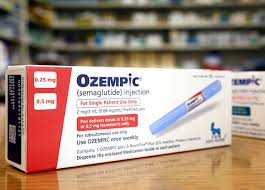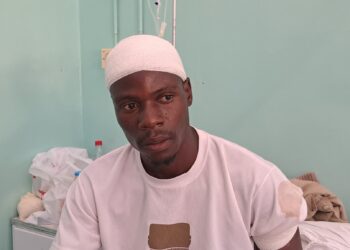In Zimbabwe, a country grappling with a severe shortage of pathologists, families of deceased loved ones are often forced to navigate a complex web of corruption and inefficiency in the health system. The story of Blessing Mucharambei’s uncle, who died suddenly after collapsing during lunch, is a heartbreaking example.
When Mucharambei’s uncle’s body was taken to Chitungwiza Hospital, the family was told that a forensic postmortem would be required due to the sudden and unexplained nature of his death. However, with only five qualified pathologists serving a population of nearly 17 million people, the wait for a postmortem can stretch for days, adding to the cost of hosting mourners and delaying the funeral.
A police officer at the hospital offered the family a workaround – a general postmortem, which would be quicker but still required a payment of US$30. Desperate to bury their loved one, they paid the bribe. This practice is not uncommon in Zimbabwe’s hospitals, where underpaid and overstretched health workers rely on informal payments to survive.
According to Dr. Norman Matara, secretary general of the Zimbabwe Hospital Doctors Association, corruption has become a part of the culture in the health system. A 2021 study found that 74% of people surveyed had been asked to pay a bribe while trying to access healthcare services. The situation is dire, with hospitals facing chronic underfunding, obsolete infrastructure, and a mass exodus of medical professionals seeking better pay abroad.
Some insiders claim that the shortage of pathologists is partly manufactured, with few medical students choosing the career due to underfunding, lack of mentorship, and poor working conditions. A nurse at Sally Mugabe Central Hospital alleged that a fake backlog is created by police officers, doctors, and mortuary staff to pressure families into paying bribes.
In some cases, families are not provided with written reports or clear explanations about the cause of death. Emily Muchabaiwa’s brother died under unclear circumstances, and the family was told verbally by a police officer that he had died from tuberculosis and a cold in the lungs. The family suspects foul play and believes the process was compromised.
The situation highlights the need for reform and increased transparency in Zimbabwe’s health system. The government needs to address the shortage of pathologists, improve working conditions, and ensure that healthcare services are accessible and affordable for all.
source – CiteNews










